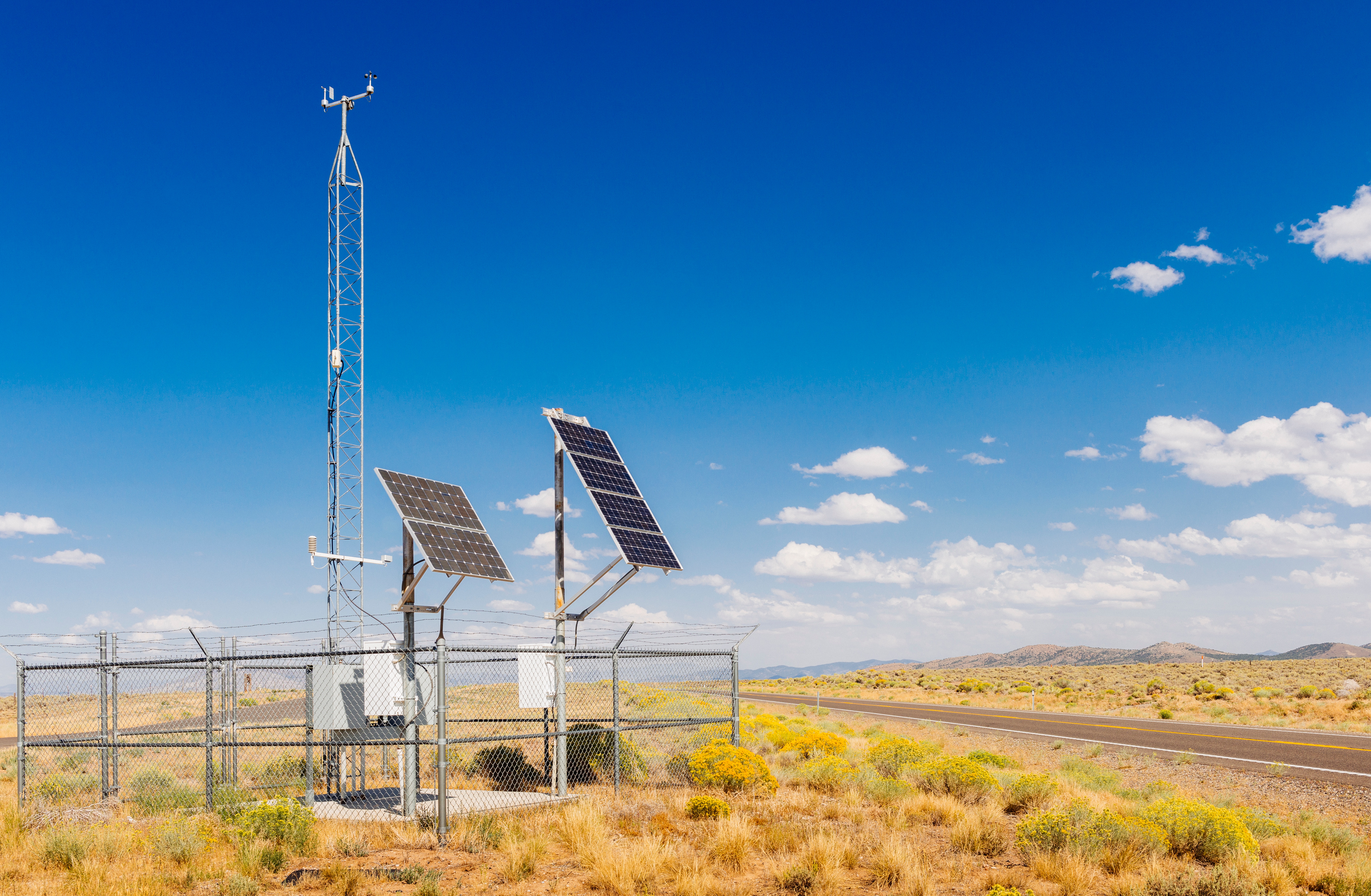Telcos are expanding across the globe, often into remote areas with limited or no access to the grid. At the same time, telecommunications companies are struggling with expensive and unreliable power for their existing networks.
It’s becoming increasingly difficult to justify using diesel as a backup for unreliable grids or as the main power source for telecommunications towers and base stations due to the economical and environmental impact.
For these reasons, many telcos are now turning to hybrid power solutions. The telco industry is aiming to reduce its impact on the environment as customers increasingly choose environmentally-friendly companies. At the same time, the industry is rapidly expanding into areas that are unable to rely on the main grid for power- including parts of Southeast Asia and Sub-Saharan Africa.
Hybrid power solutions often utilise renewable resources such as wind and solar, with battery storage to ensure continuous power even during cloudy or windless periods. These options may seem difficult or expensive to implement for telcos that are used to relying on the grid or using diesel power. But by switching to hybrid power, telcos can ensure they’re not at the mercy of utility companies.
Telecommunications companies need to be increasingly competitive in a world where customers expect reliable, quality service along with environmentally sustainable business practices.
There’s little doubt that greener power solutions are a must for telcos. However, the biggest challenge for telecommunications companies includes a lack of clarity around incentives and subsidies which many countries provide telcos for hybrid power systems. In addition, many telcos are discouraged by the higher capital costs of installing hybrid power solutions compared to diesel generators. But this is beginning to change as the costs of diesel continues to increase and telcos see the increased ROI associated with hybrid power.
Wind turbines and solar modules are also beginning to decrease in price, and these are the main sources of renewable energy for hybrid power generation. The cost of the equipment and installation required for these systems is also continuing to decrease.
In Papua New Guinea, a solar hybrid power solution has led to a saving of $40,000 during its first year. This is also a 72% decrease in diesel consumption. There’s little doubt that telcos can enjoy massive savings by switching to hybrid solutions. The biggest challenge will be spreading the word and ensuring that telecommunications companies can see the potential for massive savings along with a cleaner, greener power solution.
Ready to switch from diesel fuel? Get in touch today to learn how the EFOY ProCube can provide your customers with uninterrupted service while protecting your bottom line.




